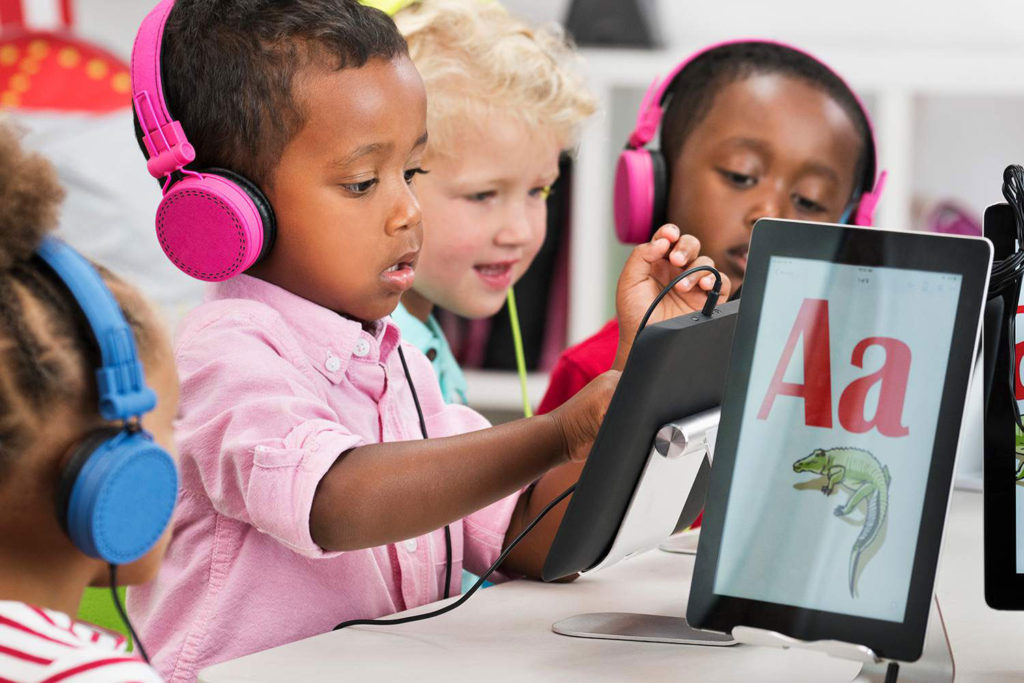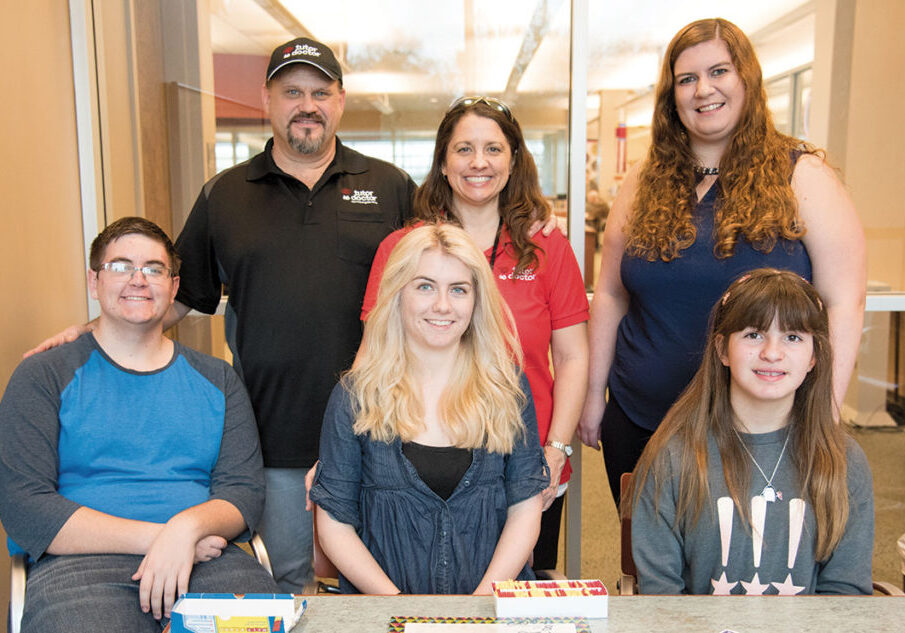Adapted learning is a common term in the world of special education, and the tools of adapted learning are helping to revolutionize the way that students learn by transitioning away from a one-size-fits-all model to customized methods to meet specific needs.
Everyone has their own learning style; some are visual or auditory learners and some learn best while moving around and taking a hands-on approach (also known as kinesthetic). Adapted learning for special education students customizes learning even further to accommodate the different needs of the child.
Tools to make learning more enjoyable
Learning can be frustrating for everyone at some point, but for a student with special needs, the frustration can be an everyday occurrence. They often find areas of learning, such as reading, understanding and following instructions, or recognizing patterns or shapes difficult. Adapted books, assistive technology, and manipulatives are a few examples of tools designed to make a child’s educational journey a lot more fulfilling and enjoyable.
Adapted books to build social skills and improve concentration
An adapted book is any book that has been modified in some way to better fit the learning needs of a student. These books help make learning accessible for children with learning disabilities and allow children to build their social skills and develop fine motor skills while learning.
One way that adapted books can enhance a child’s learning is by improving concentration. Interactive media elements and engaging visuals keep their interest and help them concentrate on the pages.
Adaptive books also help develop reading comprehension skills. Extra pictures and symbols can help build a better understanding of the context of a story. Modifications such as tactile elements, and additional objects can help children grasp the meaning of certain words because they will be able to connect the word to something tangible rather than an abstract concept. Larger text, braille and moveable objects and exercises can also help.
Assistive technology helps students with communication
The Picture Exchange Communication System (PECS) system is available via apps on many devices for younger nonverbal students to help them communicate their needs and give visual prompts in the classroom.
For older students with a grasp of spelling, there are type-to-speech apps that allow them to verbalize their ideas, questions and emotions, often significantly reducing the frustration of the inability to communicate. There are also voice recognition apps and software that turn words into text for students who have difficulties holding a writing utensil or typing.
Assistive listening systems for deaf or hard of hearing students use a microphone, transmission technology, and a device for capturing and bringing the sound to the ear. For students who wear hearing aids or have cochlear implants, these systems enhance the reach and effectiveness of those devices. They can also help children who do not require hearing aids but still need help hearing.
Students with visual impairments often use digital recorders to translate their speech to text. Video magnification cameras allow students to view their work in real-time on a large monitor. There are also adapted text editors for students who use braille to reread and edit their work. This technology often includes optional audio feedback.
Manipulatives help students grasp abstract concepts
Manipulatives are hands-on activities and tools that allow students to work on fine motor skills such as cutting with scissors, hole punching, lacing and tracing while also learning reading and math concepts. They help students learn new concepts and relate new ideas to what they have already learned.
How to get adapted learning tools for your child
Adapted learning tools and devices allow students with disabilities to thrive in the learning environment, whether in a classroom or at home. These tools will enable them to learn valuable life skills in an engaging way, and the technology available today ensures that each student has the opportunity to reach their full potential.
You can find many adapted learning materials online by searching for “learning manipulatives” or “adapted books”. These local stores also carry a selection of adaptive tools:
- Tools for social and language skills, sensory and fine motor skills for children ages 4-12: The Lifespan Center Store; Chico. (530) 897-0900. littleredhen.org
- Math manipulatives: Creative Apple. (530) 345-0122. creativeapplechico.com
In addition, the Individuals with Disabilities Education Act (IDEA) and section 504 requires schools to provide and pay for assistive technology for students who need it.
If your child’s Individualized Education Plan (IEP) team determines that your child could benefit from an assistive technology, they may request an evaluation by a specialist to determine what type of device would work best for them. You can also request an assistive technology evaluation if you feel it’s necessary.
Schools must also provide training to teachers and students on using any assistive technology provided, and the training should be included in your child’s IEP or 504 plan. Despite the law, in some cases, the school may refuse to evaluate if they don’t think an assistive learning device is needed. If you disagree with the decision, there are options to dispute it.
Posted in: Education, Uniquely Us
Comment Policy: All viewpoints are welcome, but comments should remain relevant. Personal attacks, profanity, and aggressive behavior are not allowed. No spam, advertising, or promoting of products/services. Please, only use your real name and limit the amount of links submitted in your comment.
You Might Also Like...
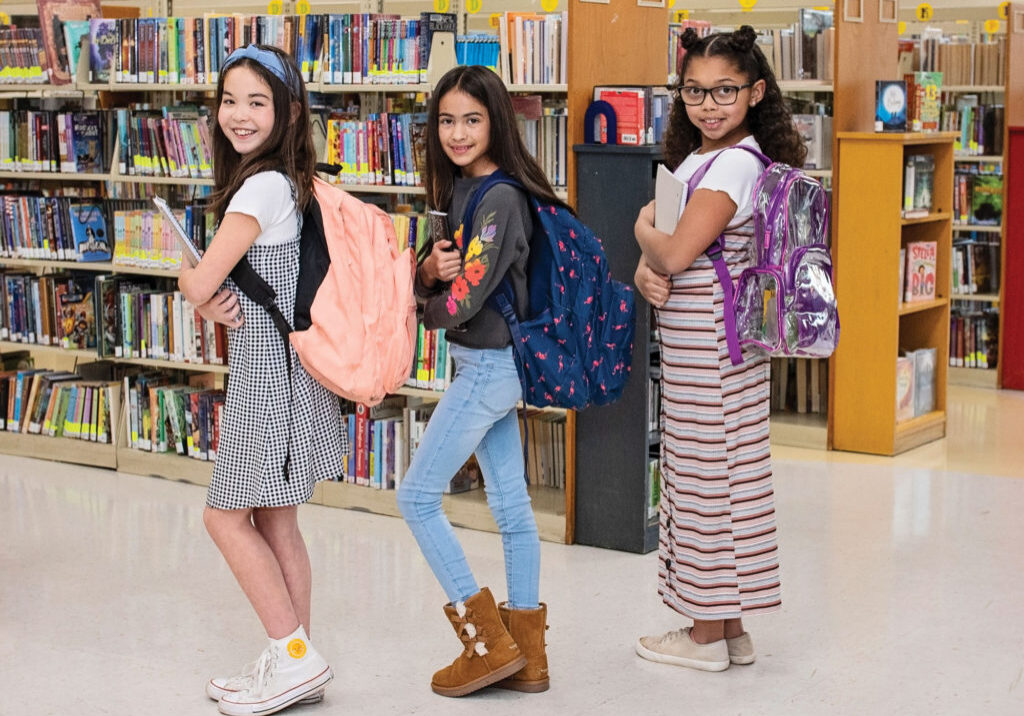
Dual Language Learning in the North State
Because English is the common language throughout most of the US, becoming fluent in another language may seem superfluous. However, according to Data USA, approximately 45% of Californians speak a […]
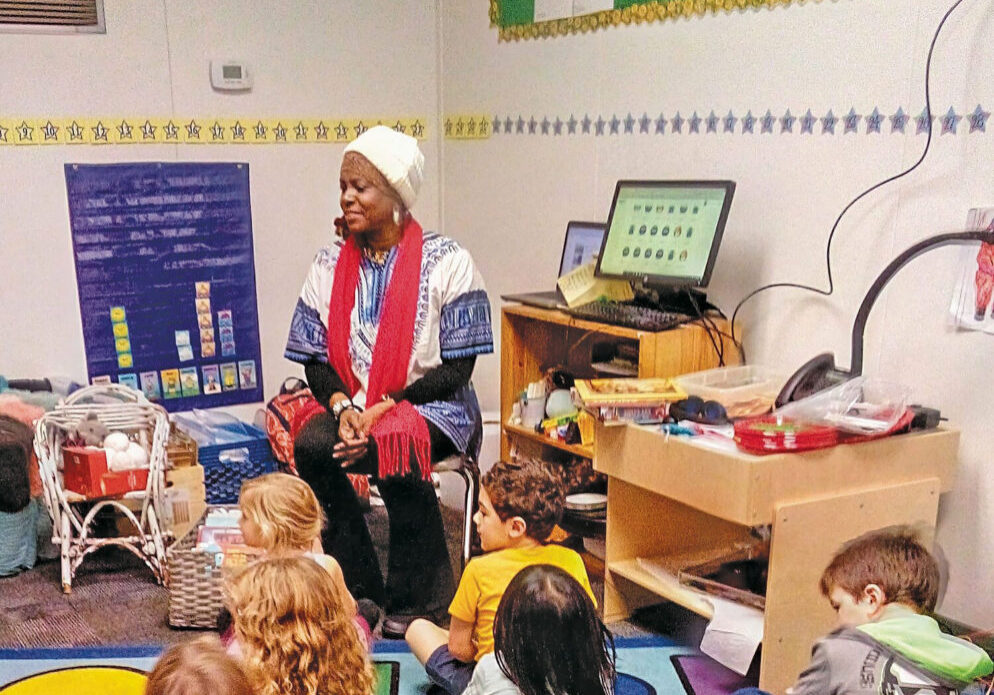
Amma Culture Teaches African History
Amma Culture in Chico – An African-Inspired Educational Resource “Being born in a community where we are traditionally less than 2% of the population, I was often the only black […]

Summer Road Trip Tips for Families with Medically Complex or Neurodivergent Kids
School is out, which means many families will take advantage of this time to plan getaways. Traveling with young kids is always an adventure, but traveling with medically complex kids, […]
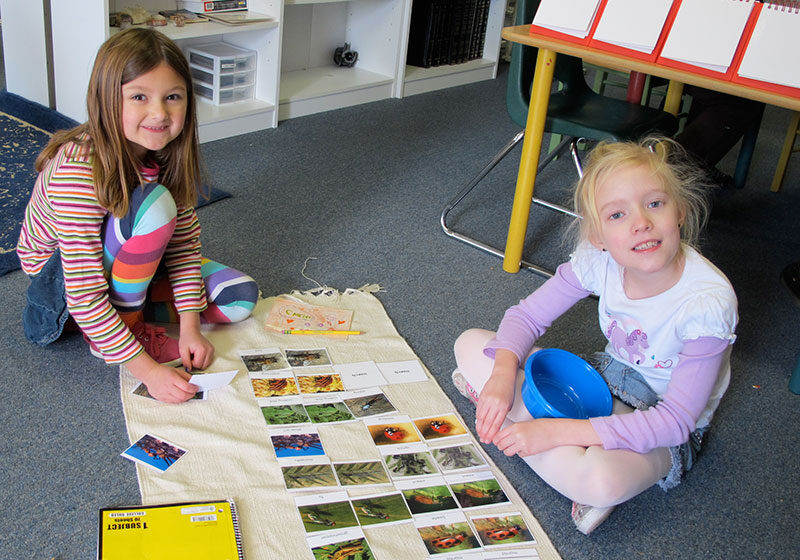
Montessori in the North State
A revolutionary idea was brought to the United States in 1915 by Dr. Maria Montessori, who said that a classroom can be set up to recognize each child’s developmental rhythm. […]

Adopt-A-Class Program Is Accepting Donations For Its 14th Year Bringing The Arts To School Children
For the 14th year, businesses and individuals can enrich schoolchildren’s educational experiences by adopting a local class to see an exciting Field Trip Series performance through the Adopt-A-Class program at […]



